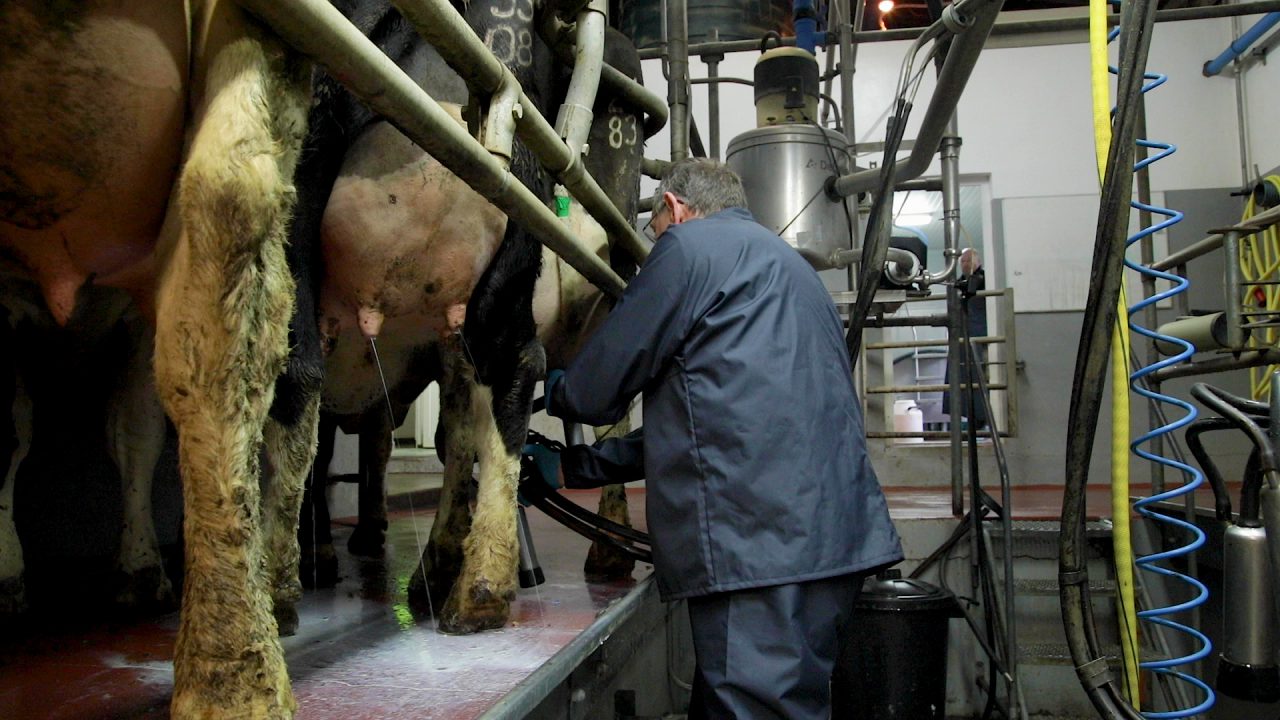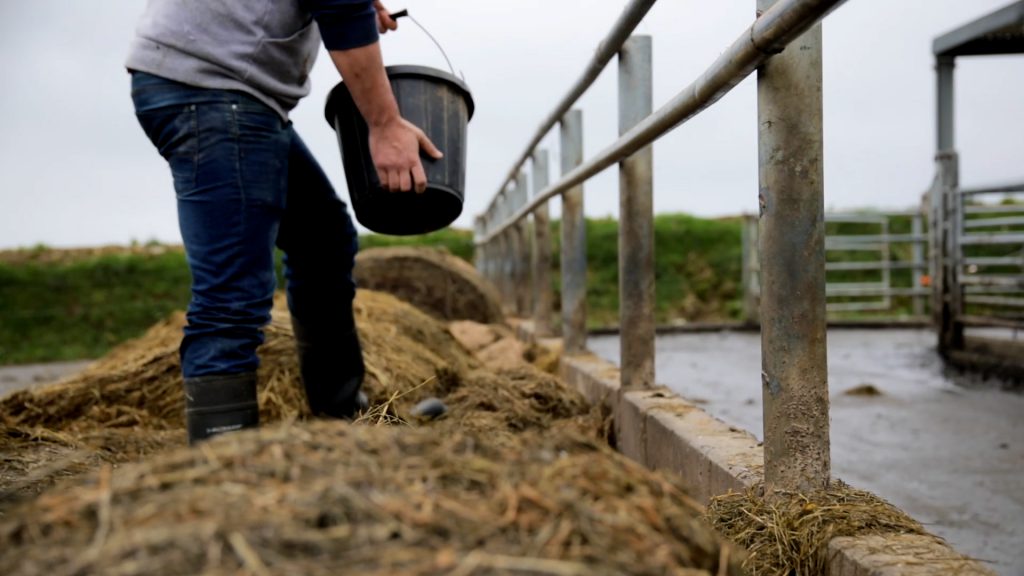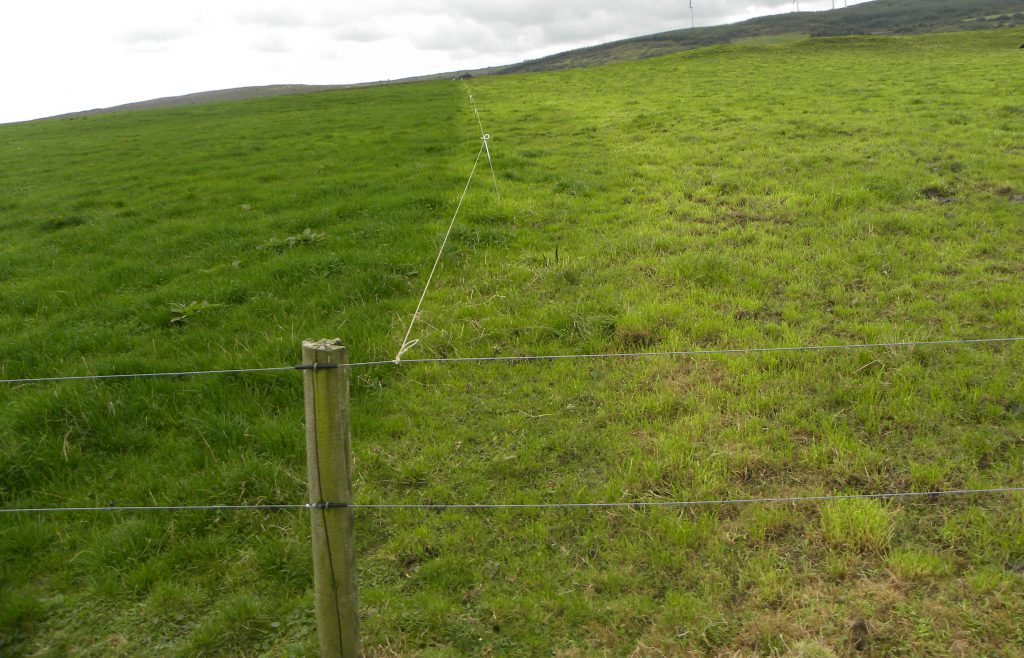As Ireland is enduring the Level 5 Covid-19 restrictions, it has been questioned whether this will impact the sources and requirements of on-farm workers this coming spring on dairy, beef and sheep farms.
However, the farming life must continue and, if the production levels have remained the same, it will still require the same labour that was needed in previous years.
This does not mean that on-farm work has the right to break Covid-19 safety protocols; both labourers and farm managers need to ensure the best safety practices are implemented this spring to protect the health of everyone involved.
To get some advice on how farmers can prepare in terms of health and safety this spring, AgriLand spoke with John Brosnan from the Farm Relief Services (FRS). John was able to inform us about the simple measures that farmers and on-farm workers are undertaking to stay safe.
Speaking on the numbers required ahead of a busy spring on farms, John explained:
“There doesn’t seem to be any fall off in farmers looking for labour this spring. There was a small bit of hesitance last spring when this pandemic started because people didn’t know what Covid-19 was.
“Especially those who would have had older or vulnerable people in their family, they would have been a bit stand-offish. That seems to have gone away now as we start to understand Covid-19 that bit better. I don’t think it is a factor now – only in a small number of cases.”
Advice for on-farm labour
There are some helpful tips and advice that FRS services is currently providing to its operators and farmers which John highlighted.
He stated: “Our message in general is that it’s all about being sensible and taking precautions.
“We are giving all of our operators and farmers the same advice and this is also available on our website. A lot of co-operatives are advising to minimise contacts with service providers such as milk collection lorry drivers, feed delivery drivers and people completing AI [artificial insemination].
“The advice we are providing is similar, while also telling farmers that any instructions, where possible, should be given over the phone.
We are telling operators to bring your own food, bring your own personal protective equipment (PPE) and also your own hand sanitiser and gloves.
“There is usually a friendly relationship between the farmer and the operator, but the days of taking in the operators for breakfast or dinner needs to and has stopped.
“There should be no sharing of vehicles if you have to go to the likes of an out farm – separate vehicles are needed,” John added.
Providing a plan for operators
In some cases the farmer is not going to be able to physically show a new farm operator the workings on the farm, such as the paddock layouts, calving/lambing equipment, parlour set up and general day-to-day operations.
Therefore, John has advised that never has planning your farming work-flow been as important more-so than this year. He explained:
“You will see on large farms that have new operators coming into them regularly, they will have laminated maps of the farm and paddocks numbered.
“They will have the farm operations set up that it’s very quick and easy to explain to somebody over the phone that the cows are leaving paddock number five this evening and need to be moved to paddock number six.
“I have seen an increasing trend even before Covid-19 that dairy farmers would have their general routine for the parlour recorded on video that can be sent to new operators. Even if they suddenly get sick, outside of Covid-19, they can just send the video – its a simple thing really.
Providing a quick guide on the routine for setting up the parlour and the wash up, a one- or two-minute video is very effective with a voice over – because a picture paints a thousand words really.
“Dare I say, this is one of the very few positives that has come from Covid-19, because it focuses the mind and it will leave a lot of farmers prepared in general even after this pandemic has eased off.”
Rise in applicants
With many of the service industries shut down or experiencing declines due to the Covid-19 lockdowns, the FRS has received an increasing number of job applications from people in different job sectors that are choosing to return to agriculture. He stated:
We are seeing applications from people who haven’t worked on farms for a long time, we are even receiving applications from aviation operators.
“There are people who have been removed from the industry somewhat that are coming back into it temporarily – but they would have the intention in returning back to construction, hospitality, aviation if and when things return back to normal,” John concluded.
More advice on Covid-19 safety and farm worker job vacancies is available on the FRS’s website.



